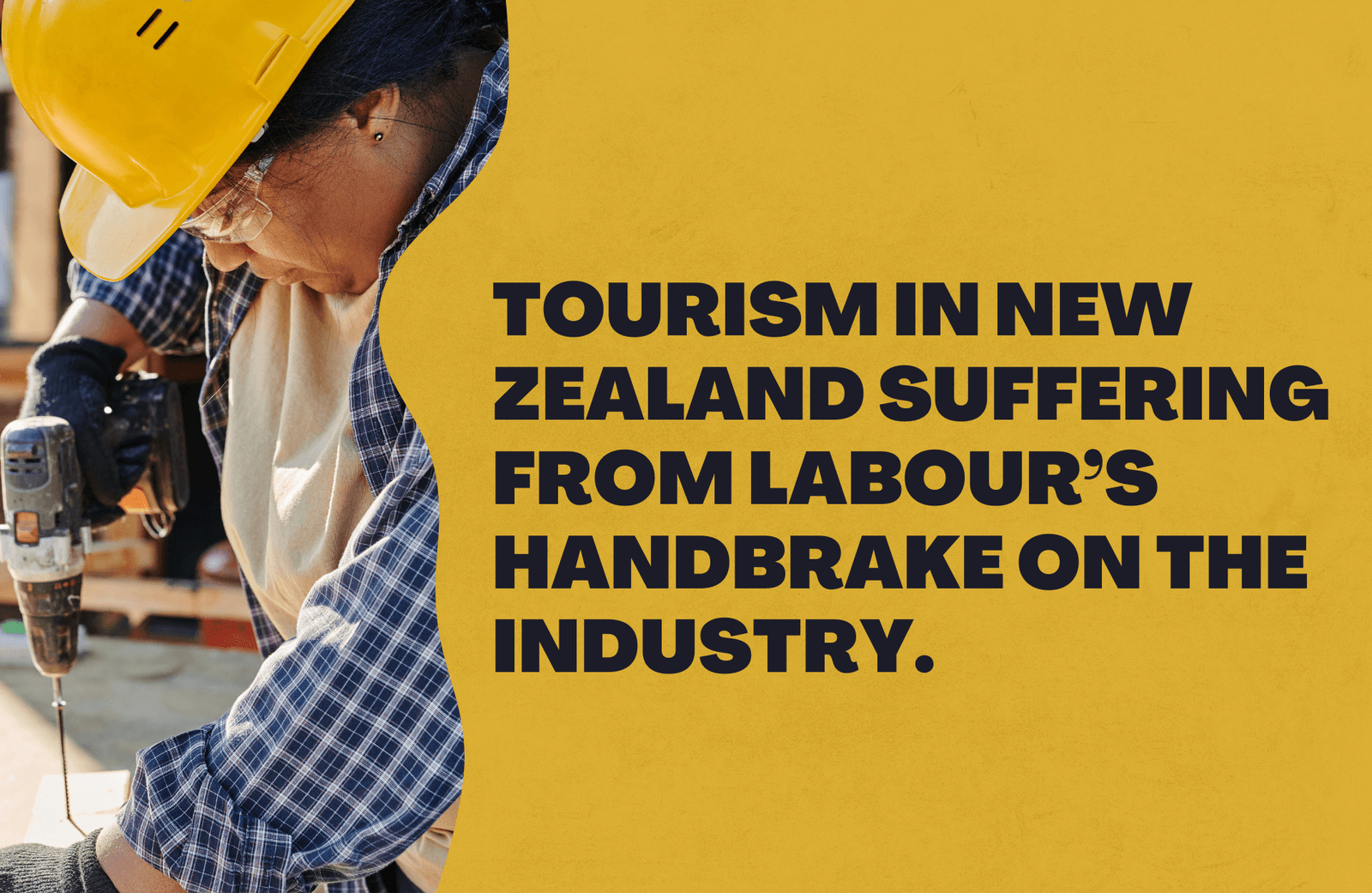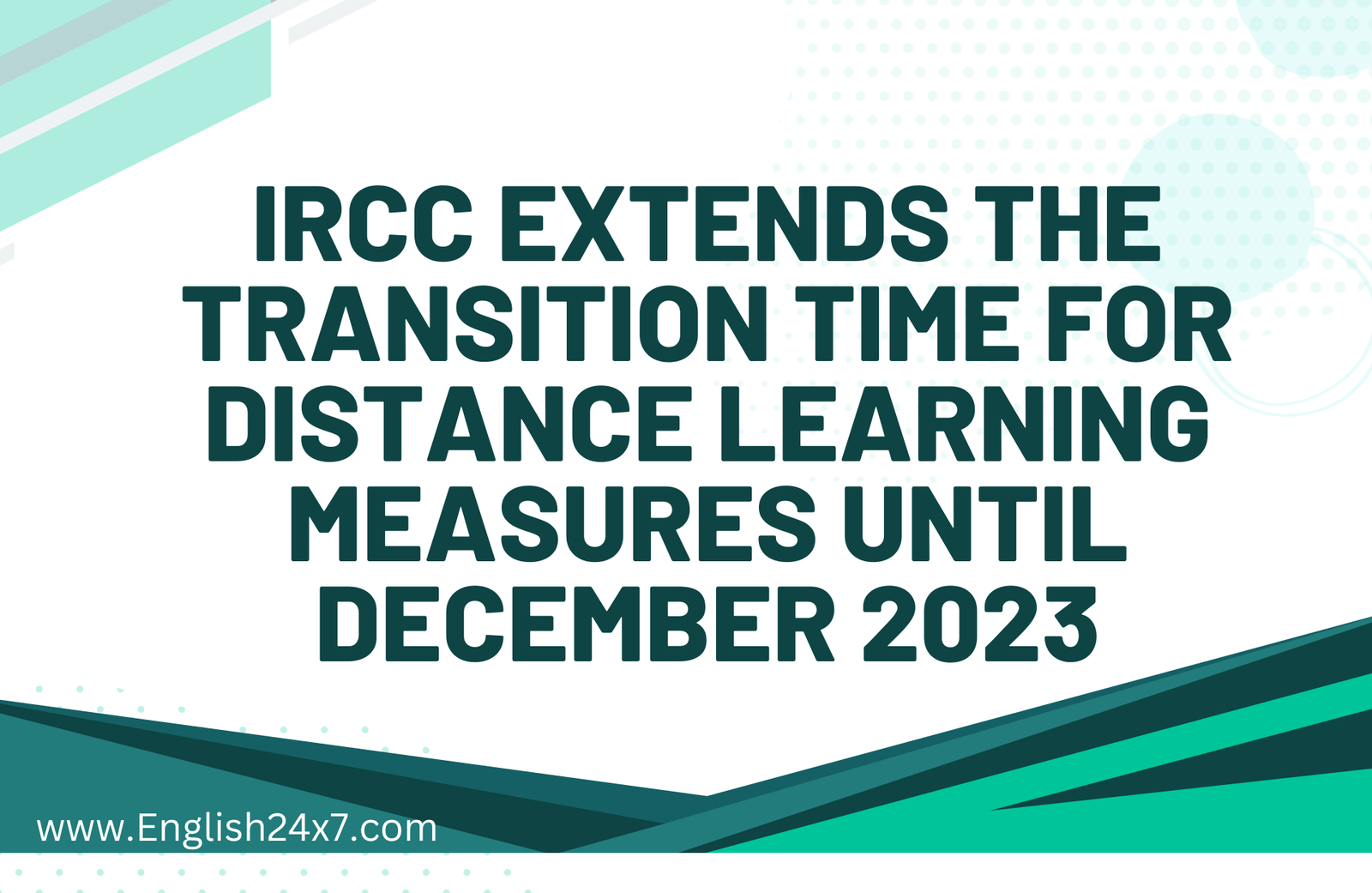
Tourism in New Zealand Suffering from Labour’s Handbrake on the industry
Erica Stanford, a spokesperson for immigration at National, and Todd McClay, a spokesperson for tourism at National, said Prime Minister Chris Hipkins' shuffle of the deck chairs surrounding tourism will be no comfort to the hundreds of tourism enterprises that still severely lack workers.
Even if there may be a new Labour leader and Minister, Mr. McClay asserts that tourism enterprises still face the same issues.
An additional 80,000 workers may be needed by the tourism industry which is 13,000 more in numbers than the previous predicitions according the most recent data.
Because Labour hasn't addressed staff shortages or sped up visa processing, many foreign visitors have found bars and restaurants shuttered or with delayed service as they've begun to return to our shores. Tourism is valued nationally.
We consider it as one of our key industries and an important engine of regional economic development. The tourism industry, which employed more than 220,000 New Zealanders and contributed $40 billion to the economy before COVID-19, was New Zealand's largest export industry.
National has a strategy to revive the tourism industry: we'll open up immigration restrictions by luring working vacationers to New Zealand.
To promote arrivals throughout the winter, we will refund application fees if they arrive before a specific date. We will also permit repeated applications for people working in fields with major shortages.
Immigration New Zealand will concentrate on handling tourist and employment visas as quickly as possible.
The median salary criterion will be eliminated, and its place will be taken by a skill- and experience-based industry average.
In order to draw them here, we will make sure that key positions in the tourism industry have a pathway to residence.
We will continue to allow spouses of people with work visas to work openly. If their partner cannot work, a competent worker will not opt to go to New Zealand.
To have any chance of addressing the labour shortage that is putting the brakes on the economy, Ms. Stanford asserts that "we are in a worldwide war for talent" and that we must present ourselves in the most favourable light imaginable.







